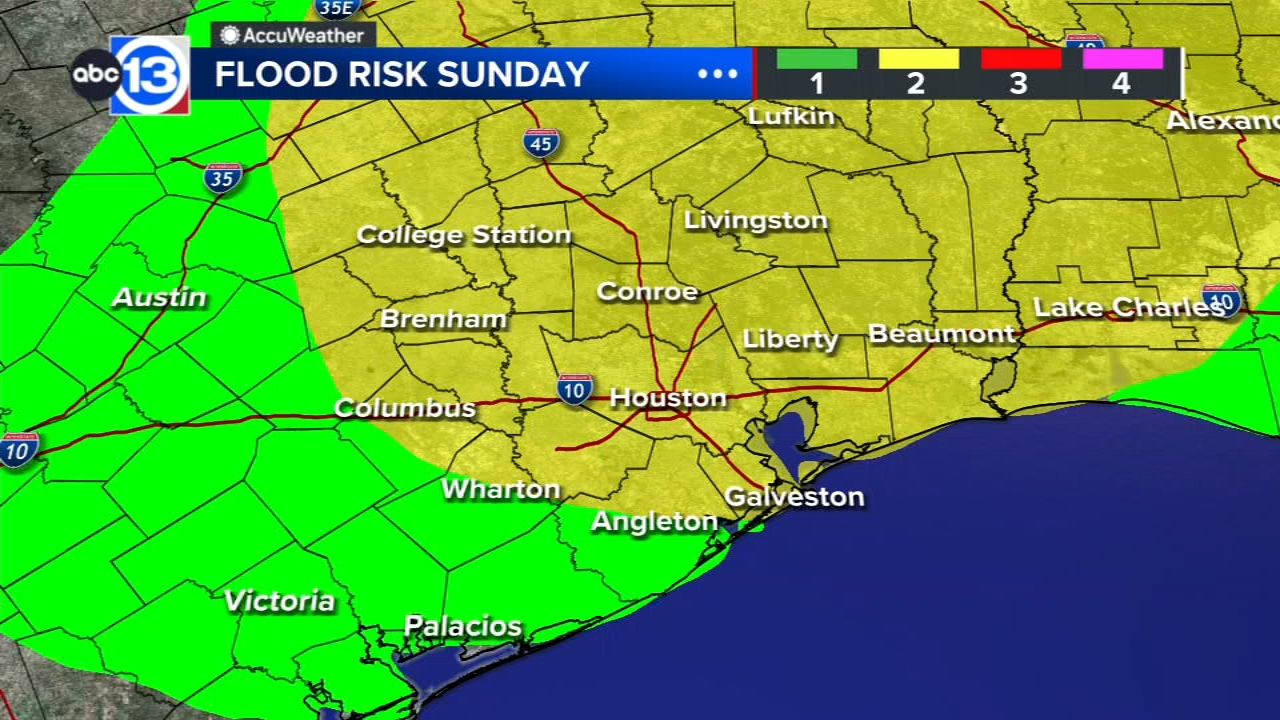Florida's recently-defined marine heat wave and why that matters to Houston

HOUSTON, Texas (KTRK) -- All eyes are on the gulf and not because there's a tropical storm or hurricane, but because of how warm the water temperatures are.
Just last week, ABC13 Meteorologist Elyse Smith discussed how these record-warm water temperatures across the gulf directly result from and now contribute to these long heat waves. And specifically for South Florida, it's part of a recently defined marine heat wave for that part of the gulf.
A marine heat wave is defined as a stretch of time where ocean temperatures have consistently been warmer than 90% of the previous year.
For South Florida, water temperatures currently in the mid-upper 90s are the pinnacle of a warming trend that began back in April of 2023.
The National Oceanic and Atmospheric Administration, or NOAA, is defining that as the beginning of this marine heat wave for South Florida.
RELATED: NOAA announces record-breaking ocean temperatures
The main threat to those waters is the potential for coral bleaching, which could result in permanent damage to coral reefs and the surrounding ecosystem.
Thankfully here in southeast Texas, while our gulf temperatures are warm, there are no ecological concerns at this point.
But one of the biggest takeaways, though, is back to that first point. It's hurricane season, and one of the key ingredients for tropical systems is warm water.
This is concerning because if water temperatures are this warm this early, with no major pattern changes in sight, these ocean temperatures could fuel any system that enters the gulf.
For more on this story, follow Elyse Smith on Facebook, Twitter and Instagram.
SEE ALSO: Houston woke up to 80-degree morning Wednesday when July averages in the mid 70s









